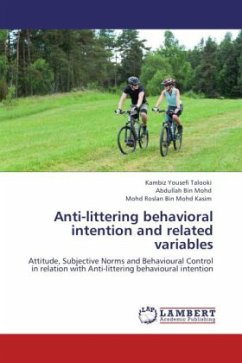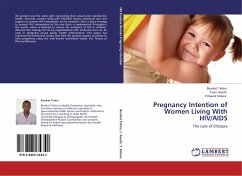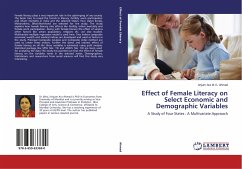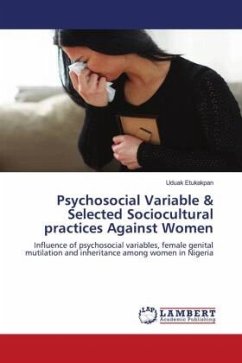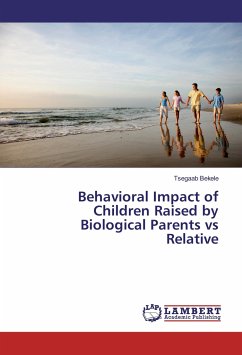This study was conducted to determine the relationship between three fundamental variables, which are attitude, subjective norms, and perceived behavioural control with intention of forest parks visitors to participate in anti-littering behaviour through utilizing theory of planned behaviour. A simple random sampling was used in the survey. The sample of this study consisted of 382 forest parks visitors. The findings of the study revealed that the perceived behavioural control is the most effective variable (among three independent variables) to predict the visitors intention to participate in active anti-littering behaviour followed by subjective norms and attitude as second and third predictor. On the other hand subjective norms were the first predictor to predict visitors intention to participate in passive anti-littering behaviour followed by perceived behavioural control and attitude as second and third predictor. In general, it could be concluded that, theory of planned behaviour is an appropriate theory to predict intention of forest park s visitors to participate in anti-littering behaviour.
Bitte wählen Sie Ihr Anliegen aus.
Rechnungen
Retourenschein anfordern
Bestellstatus
Storno

